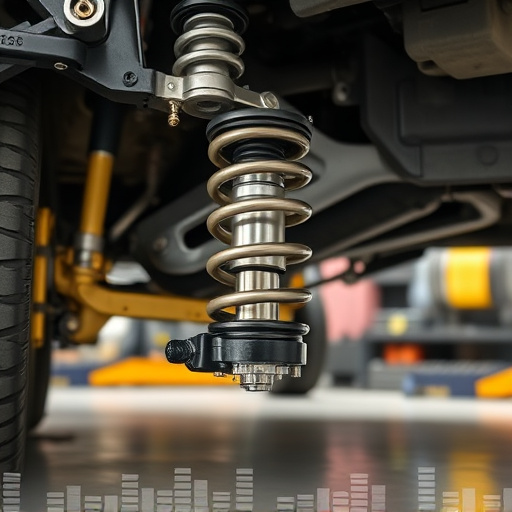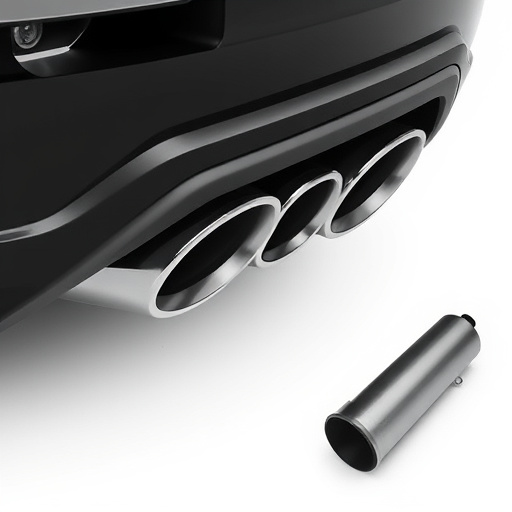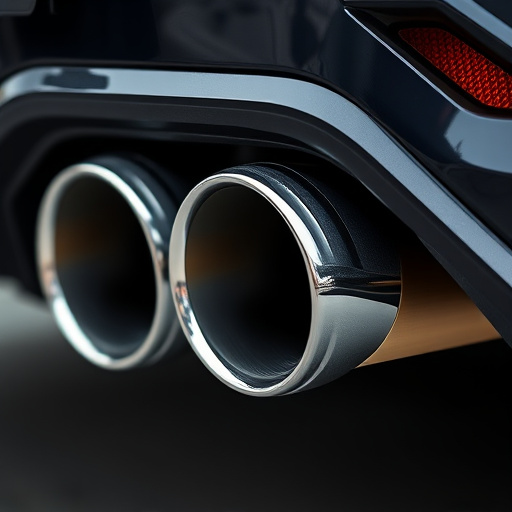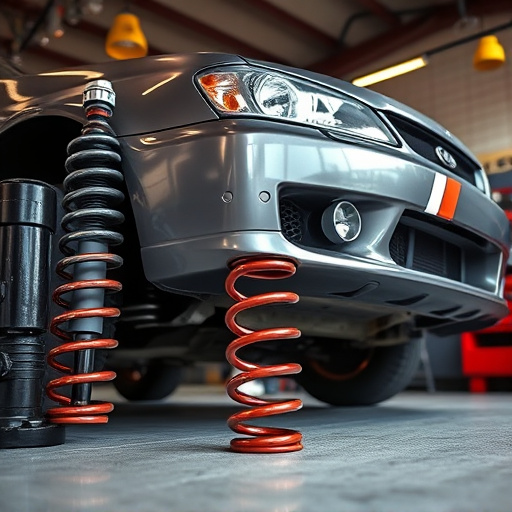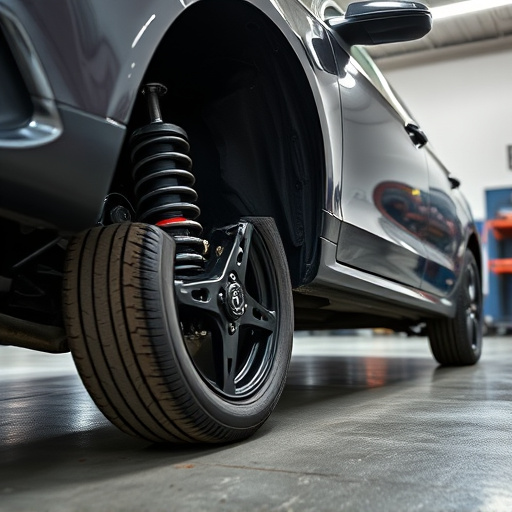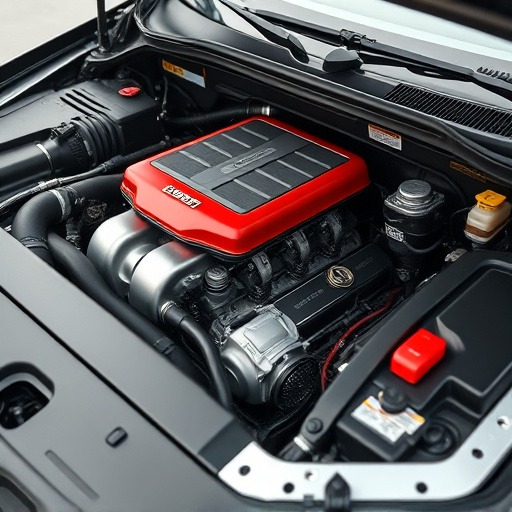Dyno tuning is a precise engineering process using specialized equipment to optimize engine performance by meticulously adjusting boost, timing, and fuel curves. This enhances power output, throttle response, and fuel efficiency while ensuring balanced performance and promoting engine longevity, aiding other performance upgrades.
Dyno tuning is a powerful tool for optimizing engine performance, offering unparalleled precision in fine-tuning boost, timing, and fuel curves. This advanced technique, involving dynamic testing on a dynamometer (dyno), allows for a deeper understanding of an engine’s behavior. By unlocking its hidden potential, dyno tuning ensures maximum efficiency, enhanced power delivery, and improved drivability. In this article, we’ll explore the fundamentals of dyno tuning, delve into precision engineering techniques, and uncover how meticulous fuel curve adjustments can revolutionize your engine’s performance.
- Understanding Dyno Tuning Basics: Unlocking Engine Potential
- Precision Engineering: Optimizing Boost Pressure and Timing
- Fine-Tuning Fuel Curves for Maximum Efficiency and Power
Understanding Dyno Tuning Basics: Unlocking Engine Potential

Dyno tuning is a process that helps unlock the full potential of an engine by precisely optimizing its boost, timing, and fuel curves. It involves using specialized equipment to measure and analyze engine performance under controlled conditions, allowing for fine-tuned adjustments. By mapping these parameters, dyno tuning ensures optimal efficiency and power output. This method is especially beneficial for enthusiasts and mechanics looking to squeeze every last horsepower from their vehicles.
This process begins with connecting the engine to a dynamometer (dyno), which measures torque and horsepower. With this data, technicians can identify areas for improvement. Upgrades like high-performance air filter kits, efficient exhaust mufflers, and coilover kits play a significant role in dyno tuning. These components enhance airflow, improve exhaust flow, and provide precise suspension control, respectively, contributing to a more optimized engine performance.
Precision Engineering: Optimizing Boost Pressure and Timing

Dyno tuning is a powerful tool for precision engineering, allowing enthusiasts and mechanics to optimize their vehicles’ performance parameters, especially when it comes to boost pressure and timing. By utilizing specialized equipment, engineers can accurately measure and adjust various components, ensuring optimal fuel delivery and combustion. This meticulous process involves fine-tuning the engine’s intake and exhaust systems, including the strategic placement of cat back exhaust and exhaust mufflers, to achieve a harmonious balance.
Furthermore, dyno tuning considers the intricate relationship between boost pressure and timing. Precise adjustments can enhance power output while improving fuel efficiency. For example, modifying brake components to suit the vehicle’s dynamics is another aspect that comes into play, ensuring a seamless transition during acceleration, thus elevating the overall driving experience.
Fine-Tuning Fuel Curves for Maximum Efficiency and Power

Dyno tuning is a powerful tool for fine-tuning fuel curves, allowing drivers to achieve maximum efficiency and power from their vehicles. During dyno tuning sessions, engineers can meticulously adjust fuel injection settings, ensuring the engine receives the optimal amount of fuel at each RPM. This precision is crucial in balancing power output with fuel consumption, enabling the vehicle to perform better without compromising fuel economy.
By optimizing fuel curves, dyno tuning helps drivers experience improved throttle response and smoother power delivery. It also facilitates better combustion, reducing emissions and enhancing overall engine health. Furthermore, this process can complement upgrades to performance brakes and suspension components, as well as air intake systems, by ensuring the engine is operating at peak efficiency to support these modifications.
Dyno tuning is a powerful tool for unlocking an engine’s true potential. By precisely engineering boost pressure, timing, and fuel curves, vehicle owners can achieve maximum efficiency and power. This article has explored the fundamentals of dyno tuning, highlighting how it optimizes performance across various aspects of engine operation. With the right adjustments, dyno tuning can transform a vehicle’s overall driving experience, making it a game-changer for those seeking to enhance their automotive capabilities.








